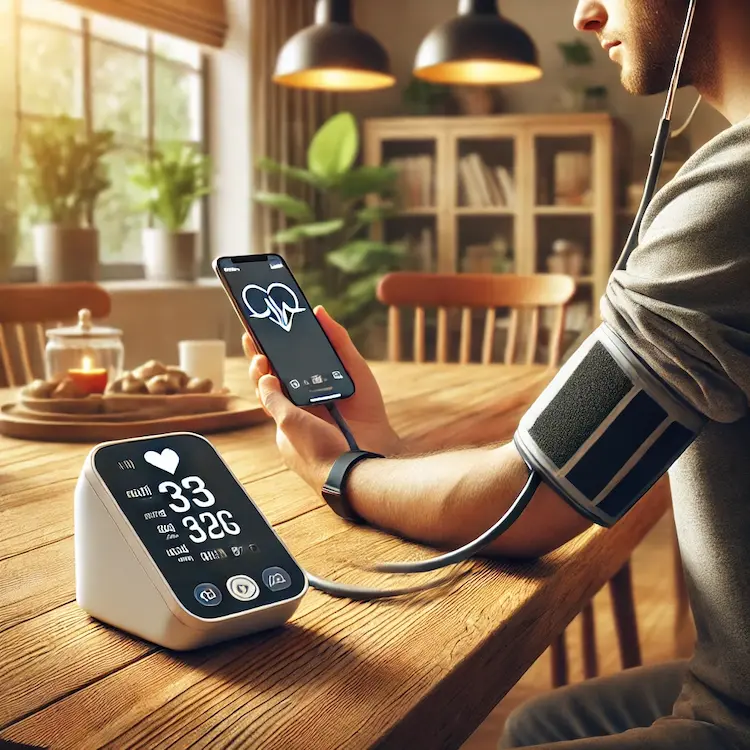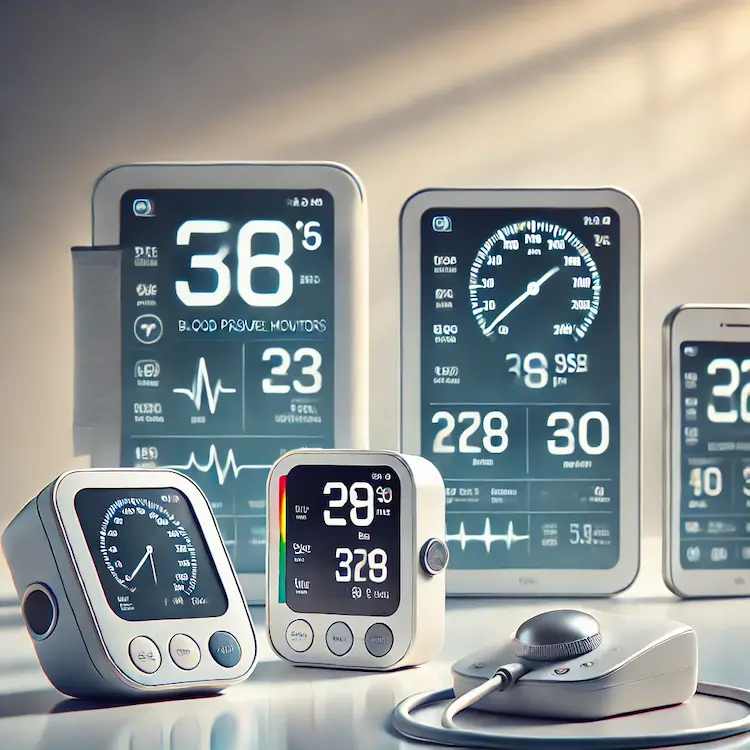Managing blood pressure is a crucial aspect of maintaining overall health, especially in regions like the Philippines where cardiovascular diseases are prevalent. Home blood pressure monitors are essential tools for tracking blood pressure levels outside of a clinical setting. However, purchasing one requires understanding the Price for Home Blood Pressure Monitors to ensure affordability without compromising on quality and features. This article explores the factors influencing costs, available options, and tips for making informed choices.
Why Price Matters
Blood pressure monitors vary widely in cost, from budget-friendly models to high-end devices with advanced features. Understanding the relationship between price and quality helps buyers make cost-effective decisions. A mismatch between budget and functionality can lead to inaccurate readings or underutilized features.
Impact on Health and Society
Affordable blood pressure monitors make health management accessible to a broader audience, reducing healthcare inequities. According to the Philippine Heart Association, hypertension affects over 37% of Filipinos aged 18 and above, making affordable monitoring tools a critical public health necessity.

Factors Affecting the Price of Home Blood Pressure Monitors
Several factors determine the cost of blood pressure monitors:
Type of Monitor
- Digital (Oscillometric) Monitors: These are user-friendly and provide automated readings. Prices range from PHP 1,500 to PHP 5,000 for basic models, with advanced options costing up to PHP 10,000.
- Mercury Sphygmomanometers: Known for accuracy, these traditional devices are priced between PHP 2,000 and PHP 6,000 but are less portable and require manual operation.
- Aneroid Monitors: Affordable and lightweight, costing PHP 1,000 to PHP 3,500, these require skill for accurate readings.
Features and Functionality
- Basic Models: Offer standard measurements, often priced under PHP 2,000.
- Advanced Models: Include features like Bluetooth connectivity, memory storage, and irregular heartbeat detection. Prices can exceed PHP 8,000.
Brand Reputation
Established brands like Omron, Beurer, and Braun often charge a premium due to their proven reliability and accuracy.
Warranty and Support
Products with extended warranties and responsive customer support tend to cost more but provide better value over time.
Accessories
Cuffs of varying sizes, power adapters, and carrying cases can influence the overall price.
Comparison of Common Blood Pressure Monitor Types
| Type | Price Range (PHP) | Advantages | Limitations |
|---|---|---|---|
| Digital Monitors | 1,500–10,000 | Easy to use, portable, automated | Costlier than manual types |
| Mercury Devices | 2,000–6,000 | Highly accurate | Bulky, requires careful handling |
| Aneroid Devices | 1,000–3,500 | Affordable, lightweight | Requires skill, less durable |
| Wearable Monitors | 5,000–15,000 | Continuous monitoring, modern features | Expensive, may lack accuracy |
Practical Advice for Choosing a Blood Pressure Monitor
- Assess Your Needs: Determine whether basic readings or advanced features like app connectivity are necessary.
- Consider Accuracy: Look for monitors validated by health organizations like the FDA or Philippine Heart Association.
- Set a Budget: Decide on a price range that balances cost and functionality.
- Test Before Buying: Ensure the cuff fits properly and the device is comfortable to use.
- Evaluate Long-Term Costs: Account for battery replacements, calibration, or additional accessories.

Tips for Saving Money
- Look for Promotions: Keep an eye out for discounts or bundled offers.
- Buy Online: E-commerce platforms often offer competitive pricing.
- Choose Trusted Local Brands: Locally available models may be cheaper without compromising quality.
- Opt for Basic Models: If advanced features aren’t needed, simpler models suffice.
Key Takeaways
- The cost of blood pressure monitors depends on type, features, brand, and accessories.
- Balancing affordability and accuracy is essential for effective health management.
- Investing in a quality monitor ensures reliability and durability.


